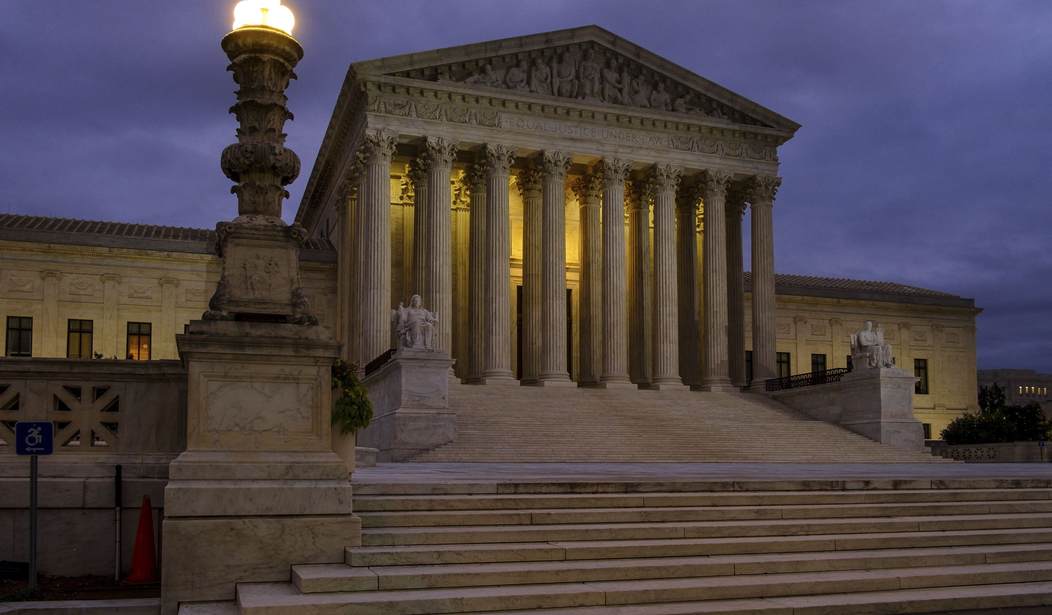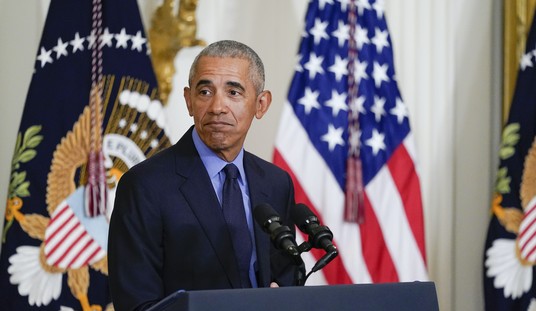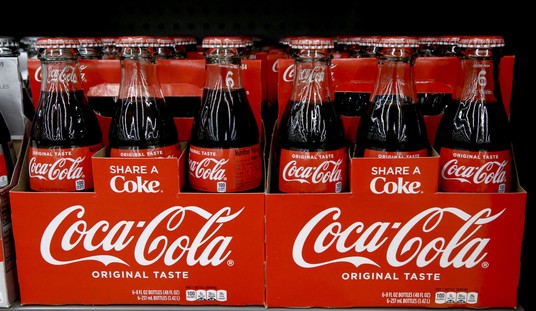Indiana Attorney General Curtis Hill asked the Supreme Court Friday to rule on a 2016 law which bans abortions that are chosen solely due to a prenatal diagnosis of Down syndrome. In his petition, Hill argues that the state’s ban merits consideration in light of eugenics concerns raised due to the high Down syndrome abortion rates following advances in prenatal genetic testing.
Planned Parenthood and the American Civil Liberties Union sued over the law shortly after its passage and succeeded in getting a Seventh Circuit Court of Appeals ruling against the measure, finding it to be “unconstitutional.”
Hill’s petition to the Supreme Court makes the case that Indiana’s provision is a new type of abortion restriction and one that does not unduly burden a woman’s constitutional right to choose abortion.
“The non-discrimination provision is a qualitatively new type of abortion regulation, one that neither implicates the concerns underlying Roe and Casey nor burdens the right those cases ultimately protect,” he writes. “It regulates women who have already made the decision ‘to bear or beget a child,’ but simply do not want to bear a particular child.”
“Only this Court can correct the lower court’s misperception that Roe and Casey bar this law,” he emphasizes. “Accordingly, the Court should grant certiorari and uphold Indiana’s authority to put an end to eugenic abortions.”
The petition also points out the urgency of a consideration of the issue by the Supreme Court given recent technological advances.
“Laws banning discriminatory abortion proliferate as the genetic-testing technology that necessitates them becomes cheaper and more widely available,” Hill writes. “That same dynamic heightens the urgency of Supreme Court review now rather than later. If the Court demurs, perhaps to wait years and years for a circuit conflict that may never come, then long before the Court takes up the matter the Nation may go the way of many European countries, where fewer and fewer babies with Down syndrome make it to term each year.”
Recommended
A CBS report last year highlighted the near 100 percent abortion rate for those diagnosed with the condition in Iceland. Denmark has a 98 percent abortion rate following screening and diagnosis of the condition and in France the number is 77 percent.
According to CBS, the United States already has an estimated abortion rate of 67 percent (1995-2011) for unborn babies diagnosed with Down syndrome.
These numbers even caused one human rights group to appeal to the United Nations, calling the high abortion rates a “contemporary form of eugenics and racism.”
Amazingly, Seventh Circuit Court of Appeals Judge Tanya Walton Pratt and Planned Parenthood did not even dispute these eugenics concerns in their opposition to Indiana's ban.
When Judge Pratt issued an injunction against the ban, she acknowledged that “the parties are essentially in agreement that a significant number of women have sought, and will continue to seek, an abortion solely because of the diagnosis of a disability or the risk thereof” and that “the parties agree that the number of women who will seek an abortion at least in part out of these concerns will likely increase as testing is more widely available than ever before.”
In a statement Monday, Hill emphasized that, “states have every reason and right to prohibit abortions from being performed simply as a means of selecting the race, sex, or physical condition of a child. The right to abortion declared by our Supreme Court protects only the decision not to bear a child at all, not a right to decide which child to bear. Our nation knows only too well the bitter fruits of such discrimination.”
His petition points out that three other states have passed laws banning abortion on the basis of a genetic abnormality.
Ohio recently enacted a similar ban which is currently also being challenged by the ACLU and Planned Parenthood.
Similar legislation was made law in North Dakota in 2013 where it has gone unchallenged likely due to the fact that the state’s only abortion clinic does not perform abortions after 16 weeks of pregnancy.
Louisiana also passed a ban on abortions on the basis of disability after 20 weeks in 2016.
A consideration of Indiana's ban by the Supreme Court would be a significant victory for many disability rights activists who are concerned about the high abortion rates for those with Down syndrome.
When Pennsylvania considered a bill to ban Down syndrome abortions in March, Karen Gaffney, a noted disability rights activist and champion swimmer who also happens to have Down syndrome, voiced her concerns on the matter.
“Those of us with Down syndrome and our families face a very difficult future,” she said. “We face the possibility of wiping out the tremendous progress we have made in the last sixty years, just as we are making so much progress a whole industry has grown up focused on prenatal screening, screening that would end our lives before we take our first breath.”
Frank Stephens, an actor, advocate, and adult living with Down Syndrome, spoke at a Congressional hearing last year to advocate for the medical community to do more research to improve the quality of life for those with Down syndrome rather than focus on prenatal testing.
"We are the canary in the eugenics coal mine,” he warned. “We are giving the world a chance to think about the ethics of choosing which humans get a chance at life.”
Ken Falk, legal director of Indiana’s chapter of the ACLU, responded to Hill’s petition Monday saying that "the state's request (for Supreme Court review) is yet another attempt by Indiana elected officials to take that decision out of a woman’s hands."
Christie Gillespie, Indiana Planned Parenthood CEO, said that "by appealing to the Supreme Court, the state of Indiana is trying to not only chip away at Hoosiers’ rights, but also threaten the rights of people seeking safe and legal abortion care across the country."
The Indiana ACLU will file a formal response to Hill’s petition next month.
While the Supreme Court takes up less than five percent of the petitions filed with them, this case may stand a good chance of being heard based on the anti-discrimination concerns raised and the fact that now-Vice President Mike Pence originally signed the law in 2016.
























Join the conversation as a VIP Member